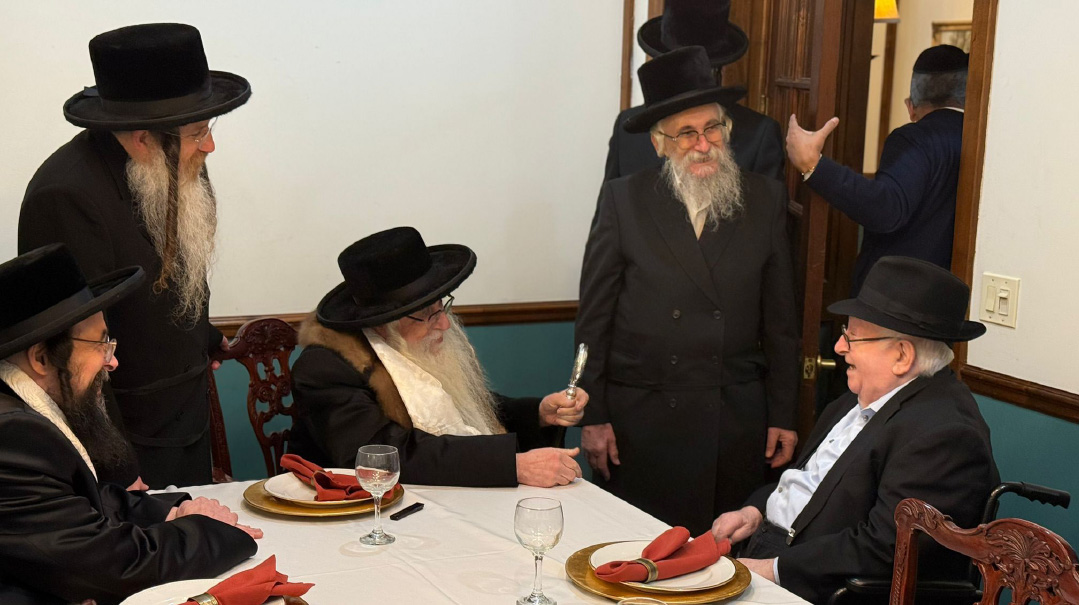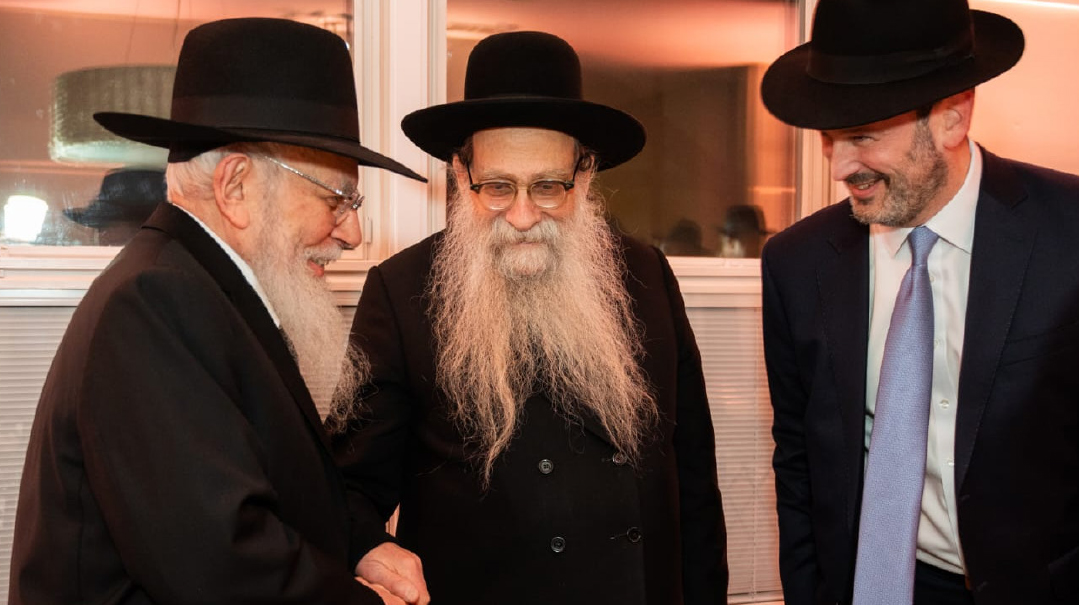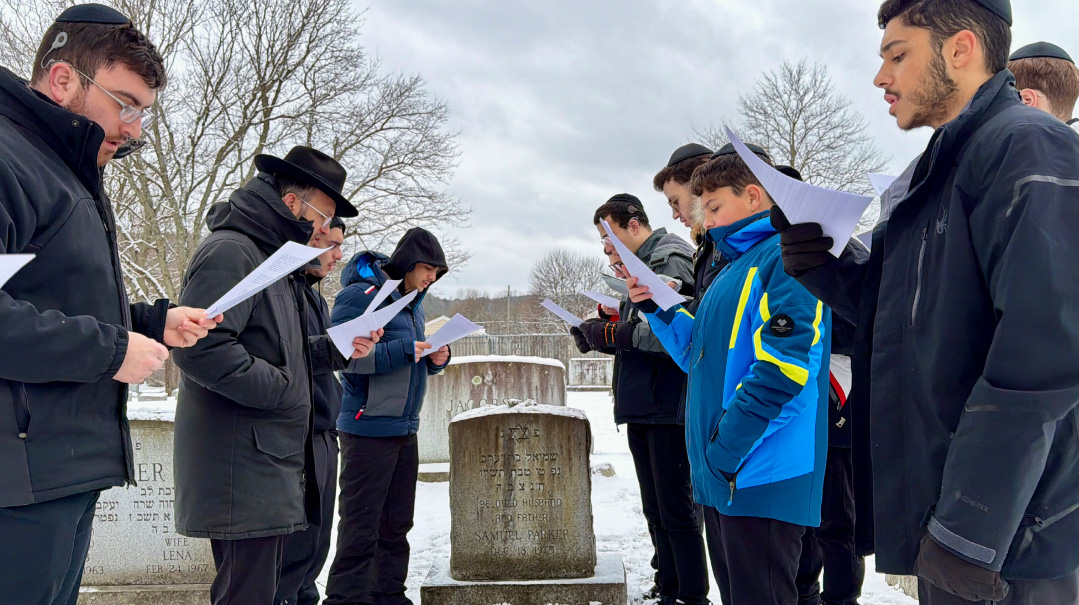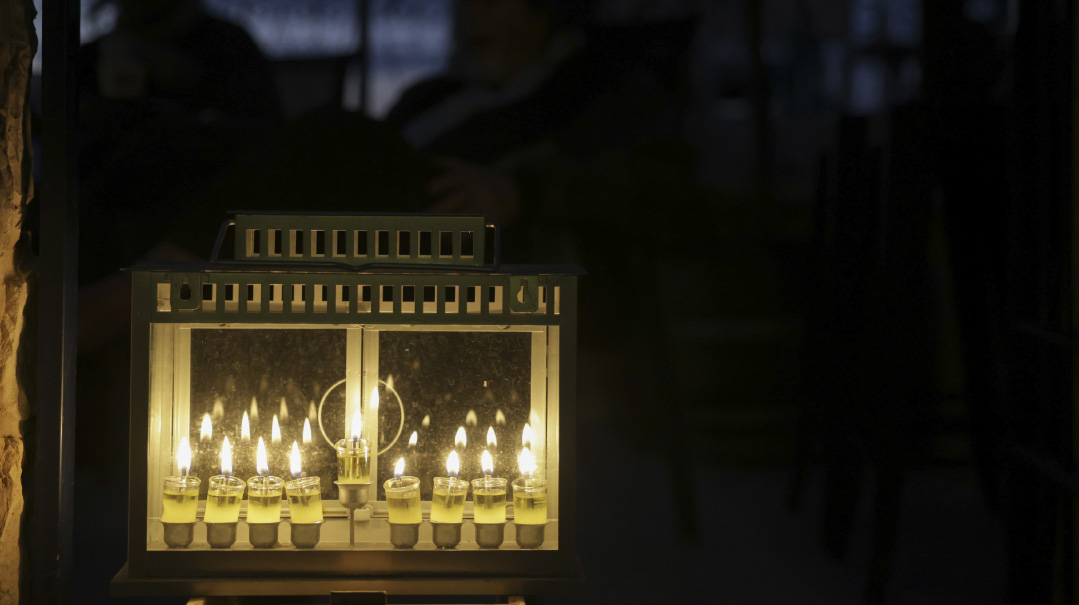School in July?

For it to work, you will need the community to “buy into it”

If only we could… someone really should… we all know the problems. Some of us think we have the solutions. Can they really work? Readers are invited to share their proposals — and have them ranked by an expert in the field.
The Problem
S
ummer is challenging! Our girls (and in many communities, boys) are home for ten weeks. Day camp is expensive, and every year the bar keeps getting raised due to community social pressures. Kids can be equally happy with a low-frills camp, and parents do not appreciate the financial outlay for an entertainment program with so many “extras” when all they really need is quality childcare.
My Solution
I
t’s time for a Nachshon ben Aminadav! For the younger elementary students (up to fifth–sixth grade) in communities where most people do not go to the “country,” school should continue through July. In the mornings, there can be a lighter curriculum with a different teacher, focusing on reviewing the year’s lessons, on Yahadus, parshah, and current events, with no homework or tests, and plenty of stories, games, and contests. (A secondary benefit would be that kids would retain the knowledge learned and not need to relearn it all come September). Teachers can either continue into July or seminary students seeking experience can be hired instead.
After lunch, a camp program would be provided, with high school counselors overseeing a low-budget program including swimming, sports, crafts, creative activities, and a weekly local trip, making sure to create an atmosphere of ruach and wholesomeness. Teachers who need extra income can get involved at an administrative level. Older students could either go to overnight camp, or still have regular day camp, albeit with less frills. Schools would obviously charge another month of tuition and a camp fee, which would be much cheaper than day camp.
This idea can’t work without a school affiliation. Stand-alone low-frills day camps are rarely successful since campers (and parents) are reluctant to participate in a “nebby” program.
High-end day camps can continue to run in August, making it easier for parents to figure out alternate inexpensive options when there are fewer weeks to fill. That way, day camp returns to being a luxury instead of a necessity.
This model is already very effective in all the boys’ schools in Lakewood, and there is no reason why it cannot be exported to the girls as well. Let’s do it!
Submitted by TB
Rabbi Menachem Frank, Menahel, Beth Jacob of Boro Park
My Rating: I don’t see it.
My Thinking: This suggestion does not call for a Nachshon — but it does call for all schools to participate in order to be effective (and to ensure that the school staff members have proper care for their own children). But all schools will only get on board if they (or their parent body) see a clear need for young girls to spend their July in school. I don’t.
If you’re truly only looking for childcare, backyard day camps abound at a reasonable price. If our children look down at them as “nebby,” then perhaps our parenting is lacking and we need to reset their expectations and cultivate an appreciation for the simpler joys in life.
While I agree that ten weeks is a long time for unstructured free play, I wouldn’t put the girls through another month of school. Perhaps shaving off a week or two of the summer is more realistic, and I would agree that condensing summer vacation from ten weeks to eight makes sense.
Remember that school is not necessarily a happy place for children who struggle academically. And for those “behavioral” students who cannot naturally sit behind a desk for hours at a time, it’s daily stress.
Some of our fondest childhood memories revolve around our summer experience's — the special family bonding time without the stresses of conforming to school rules and regs. Don’t take that away from our young girls.
Rabbi Nosson Muller, Menahel, Yeshivas Tiferes Tzvi, Chicago
My Rating: A great idea (if the entire community is on board)
My Thinking: The word “summer” in our community has unfortunately become synonymous with the word “expense” — and not only because of the rise in the cost of ice cream. From new wardrobes, trips, camp packages and more, summer has become another mortgage/car/orthodontist and sheitel payment all in one.
Although many boys’ schools in various cities have already implemented this idea with great success (here in Chicago, we added three weeks to our yeshivah program, with both kids and parents begging for more) the obstacles that a girls’ school would face and need to navigate in order for such a plan to work would be a little more difficult:
1) In general, unless the entire city/town buys into this idea, your chances of success are minimal. When half the class goes to sleepaway camp or to a bungalow colony it’s very difficult to cultivate a positive atmosphere for those “remaining behind” in school. Additionally, each class’s numbers will differ, causing a lopsidedness and inconsistent feel all around.
2) The idea that boys need a more structured day due to their usually more aggressive personalities, coupled with the fact that a boy has an obligation to learn Torah (even in the summer), is definitely a bigger sell to convince schools and parents of the great importance of extending the school year. For girls, it doesn’t feel as desperate.
3) The most problematic issue is the financial aspect, from the side of both the school and the teachers. Camps collect the dues they request; schools do not. People will inevitably not pay a school for another month, whereas they will pay for camp, whether they want to or not. Most significantly is the fact that as much as our dedicated rebbeim are underpaid, our amazing morahs and teachers are paid even less. The summer is the only time that they can use to run a camp of their own and actually make some decent money, or at least rest up and prepare for the next year’s ten months barely earning minimum wage. If we want to give our children the best and most healthy school and camping options, then we must be ready as a tzibbur to pay for it as well.
Your idea is a great one — yet for it to work, you will need the community to “buy into it.”
(Originally featured in Mishpacha, Issue 771)
Oops! We could not locate your form.













